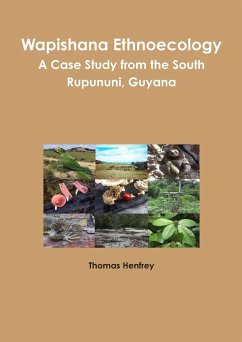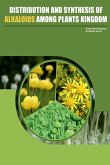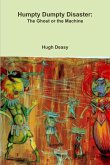This landmark monograph in ethnoecology is now available in print format for the first time. Based on long-term fieldwork in Guyana during 1998, 1999 and 2000, it examines relationships between the ecological knowledge of Wapishana hunters and equivalent areas of ecological science. It places this in the ethnographic context of Wapishana settlement, subsistence and symbolism, and the wider context of the political ecology of Guyanas economic liberalisation and the consequent exposure of the indigenous peoples of Guyanas Rupununi region to extractive industries and international conservation interests for the first time. The result is a robust argument, grounded in extensive data and analysis, for alternative trajectories in conservation and international development rooted in the skills, knowledge and interests of indigenous users and custodians of biodiversity.
Hinweis: Dieser Artikel kann nur an eine deutsche Lieferadresse ausgeliefert werden.
Hinweis: Dieser Artikel kann nur an eine deutsche Lieferadresse ausgeliefert werden.








